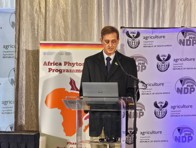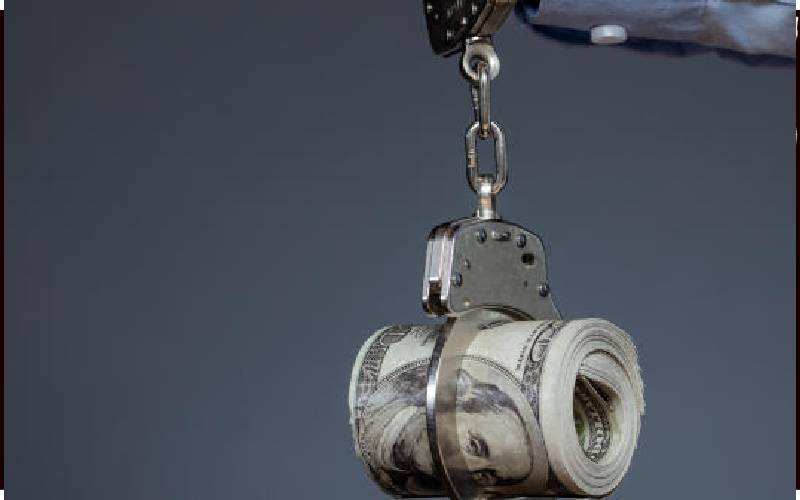African leaders, activists hinge political apathy on bad leadership
The coalition of African leaders, scholars, activists, and policymakers has declared that democracy on the continent must evolve beyond the ritual of elections to deliver real justice, dignity and development for the people.
They noted that the current democratic crisis in the region was not just about flawed institutions, but about the lack of substantive outcomes that improve citizens’ lives.
According to them, Africa must begin to see democracy through a people-centred lens grounded in African realities and inclusive of historically marginalised groups, including women, youths, persons with disabilities, and rural communities.
The leaders stated these at a high-level dialogue on reimagining democracy in Africa held in Pretoria, South Africa, which brought together over 200 participants, including policymakers, civil society leaders, academics, and former heads of government
The two-day event was hosted by International IDEA in partnership with the Open Society Foundations, the African Union, the European Union, Switzerland’s foreign ministry, and South Africa’s Department of International Relations and Cooperation.
Held in advance of South Africa’s G20 presidency in November, the dialogue focused on how Africa and the Global South could respond to rising authoritarianism, military coups, and public disenchantment with political institutions.
Despite polling that showed that 66 per cent of Africans still prefer democracy, many speakers noted that its failure to deliver real economic and social outcomes was driving citizens to question its relevance.
Former Prime Minister of Sudan, Dr Abdalla Hamdok, said it was not true that the citizens of the world had declined to accept democracy. According to him, the decline in democracy is the result of poor economic performance, widespread corruption and weak governance.
He said: “Most Africans are dissatisfied with how democracy is performing. When democratic governments fail, the military steps in. This does not necessarily mean that people want the military. It’s a reflection of frustration and abandonment.”
Secretary-General of International IDEA, Dr Kevin Casas-Zamora, underscored the symbolic and practical significance of South Africa as a founding member of International IDEA.
Reflecting on IDEA’s evolution into a global platform supporting electoral integrity, constitutional development, and democratic accountability, he acknowledged the ongoing democratic backsliding worldwide.
A member of the Open Society Foundations, Dr Chukwumeka Eze, observed that failure to address critical economic questions impacts how citizens perceive the very concept of democracy.
He said the dialogue would allow stakeholders to collectively reflect on the shared challenges of the Global Majority and reimagine democracy as a tool for delivering dignity, not just holding elections.
Director at the Centre for Human Rights, University of Pretoria, Prof. Nkata Murungi, said: “How do we leverage the momentum to play a meaningful role when it comes to participation within the African context? Governments did not give protesters power; they took their own power. That power has coalesced around rights, equity and justice.”
A member of the Organisation of American States, Dr Betilde Muñoz-Pogossain,
explained that democracy must not merely represent, it must deliver, saying that free and fair elections are essential, but not sufficient.
On his part, Chairperson of South Africa’s Portfolio Committee on International Relations and Cooperation, Hon. S.O.R. Mahumapelo, called for the establishment of a continent-wide Independent Electoral Commission to harmonise election outcomes and improve transparency.








